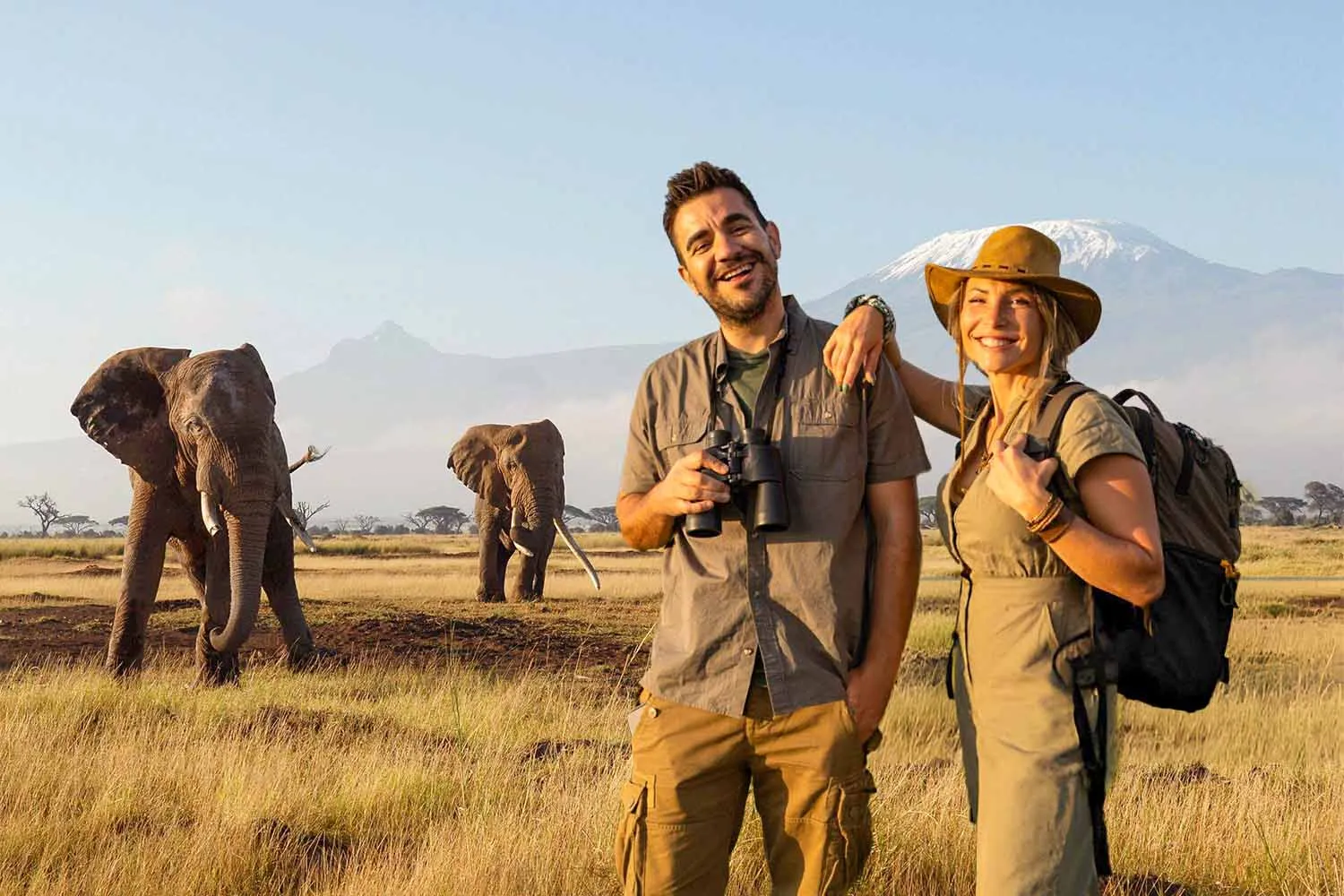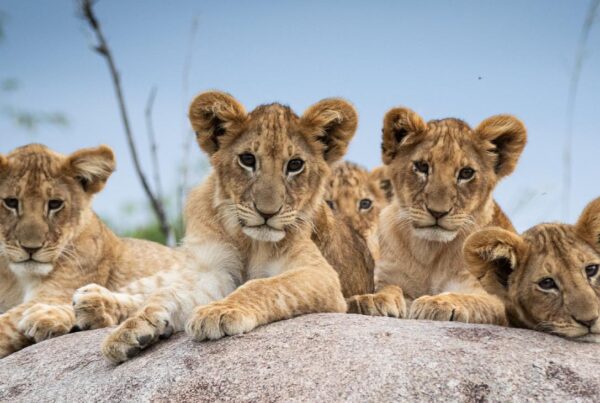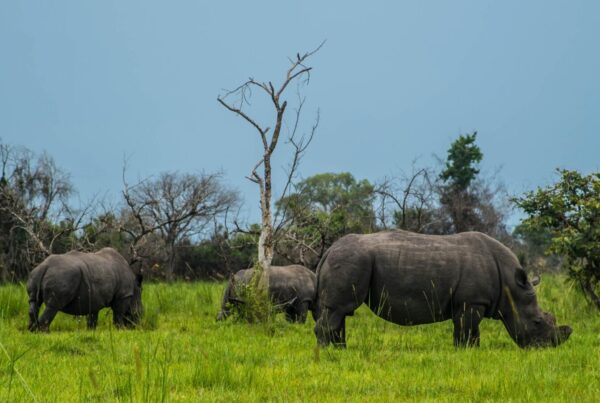10 Travel Tips When Going on an African Safari
Unlocking the Wild: Mastering Your Safari Adventure Before It Begins
An African safari is not just another vacation—it’s a life-defining journey, a plunge into the raw, breathtaking beauty of nature. From the thunderous hooves of the Great Migration to the silent gaze of a stalking leopard, every moment on safari has the potential to leave you transformed. But to fully enjoy this once-in-a-lifetime experience, preparation is key.
Whether it’s your first trip or your fifth, knowing what to pack, how to behave, and what to expect can make all the difference. In this comprehensive guide, we break down the 10 essential travel tips that will elevate your safari from memorable to truly magnificent.
1. Choose the Right Safari Destination for Your Interests
Africa is a vast and varied continent. The term “safari” can mean vastly different experiences depending on where you go.
Popular Options (Going on an African Safari)
- Kenya & Tanzania: Ideal for witnessing the Great Migration and Big Five sightings.
- Botswana: Exceptional for water safaris and birdwatching in the Okavango Delta.
- South Africa: Offers luxury lodges and family-friendly options.
- Namibia: Unique desert landscapes and rare wildlife.
Do your research and consult with an experienced safari planner like WildHorn Africa to find the destination that best aligns with your interests and travel goals.
2. Time Your Visit Carefully
Wildlife viewing in Africa is highly seasonal. The best time to visit depends on both location and what you want to see.
Seasonal Highlights
- Dry Season (June – October): Best for game viewing—animals congregate near water.
- Wet Season (November – May): Lush landscapes, baby animals, and excellent birding.
- Great Migration Crossings: Typically occur in July-August and again in October.
Booking with experts ensures you’ll be in the right place at the right time.
3. Pack Smart, Pack Light (Going on an African Safari)
Weight limits on safari flights can be strict, and many lodges offer laundry services, so there’s no need to overpack.
Packing Essentials
- Neutral-Colored Clothing: Avoid bright colors; stick to greens, browns, and tans.
- Layers: Mornings and evenings can be cold, even in the bush.
- Comfortable Footwear: Closed-toe shoes are best for walks.
- Sun Protection: A wide-brimmed hat, sunscreen, and sunglasses.
- Binoculars and Camera Gear: Wildlife isn’t always right next to the vehicle!
Remember, function over fashion is the name of the game.
4. Don’t Skip Travel Insurance
A safari can involve everything from bush flights to remote lodges, so comprehensive travel insurance is not optional—it’s essential.
Look For Policies That Cover:
- Medical Evacuation
- Trip Cancellation
- Lost Luggage or Gear
Choose an insurance provider familiar with safari travel and read the fine print carefully.
5. Prepare for Early Mornings and Long Days
Safari schedules are dictated by wildlife activity, which means early wake-ups and long game drives.
Typical Safari Routine
- 5:00 AM: Wake-up call with coffee or tea.
- 6:00 AM – 10:00 AM: Morning game drive.
- Midday: Rest, swim, or nap.
- 4:00 PM – 7:00 PM: Evening game drive.
- Evening: Dinner and storytelling around the campfire.
Pace yourself, stay hydrated, and embrace the rhythm of the wild.
6. Respect Wildlife and Follow Guide Instructions
You’re stepping into the animals’ territory, not the other way around. Your guide is trained to ensure both your safety and that of the animals.
Golden Rules
- Never leave the vehicle without permission.
- Stay quiet and avoid sudden movements near animals.
- Don’t feed or try to touch wildlife—this can be dangerous and disruptive.
- Follow all photography guidelines (especially with flash).
Remember, respectful behavior leads to more authentic and thrilling encounters.
7. Stay Healthy: Vaccinations and Medications
Some safari destinations require specific vaccinations and preventive measures.
Health Checklist
- Yellow Fever Vaccination: Required for some countries.
- Malaria Prophylaxis: Consult your doctor about the best anti-malarial medication.
- Routine Immunizations: Make sure tetanus, hepatitis, and typhoid are up to date.
- Travel First Aid Kit: Include basics like band-aids, insect repellent, antiseptic wipes, and any personal prescriptions.
Consult a travel clinic well in advance of your departure.
8. Understand the Tipping Culture
Tipping on safari is customary and greatly appreciated. It’s often a major component of income for guides and lodge staff.
General Tipping Guidelines
- Guides: $10–$20 per day, per guest.
- Trackers & Drivers: $5–$10 per day.
- Camp Staff: $5–$10 per day, usually pooled.
Many lodges provide tipping envelopes and suggested amounts to simplify the process.
9. Bring the Right Attitude and Stay Flexible
Nature doesn’t run on a schedule. Sometimes, patience is required to see rare animals or wait out weather delays.
Tips for the Right Mindset
- Appreciate the Small Things: Insects, birds, and plants are part of the magic.
- Don’t Fixate on the Big Five: Every sighting has its own story.
- Be Present: Disconnect from devices and soak it all in.
A flexible, curious attitude can turn even a quiet day into an unforgettable one.
10. Choose the Right Safari Operator
This may be the most important tip of all. A great safari operator can tailor the perfect experience, from choosing lodges to navigating visa and flight logistics.
What to Look For
- Local Knowledge and On-Ground Presence
- Strong Conservation Ethics
- Customized Itineraries
- Excellent Reviews and Word-of-Mouth Reputation
This is where WildHorn Africa shines—offering curated, conservation-driven safaris that combine authenticity with comfort.
Travel Smart, Safari Better with WildHorn Africa
Every safari is a symphony of the unexpected, a call to return to the roots of our shared existence with nature. But such a profound adventure requires careful planning, the right mindset, and expert guidance.
WildHorn Africa brings decades of experience, local insight, and a passion for conservation to your safari planning. Whether you’re chasing the Great Migration, seeking intimate predator encounters, or longing for luxury in the wilderness, WildHorn Africa turns dreams into deeply personal realities.
Book your safari adventure with WildHorn Africa today—and let the wild change you forever.
Going on an African Safari #Going on an African Safari Going on an African Safari









